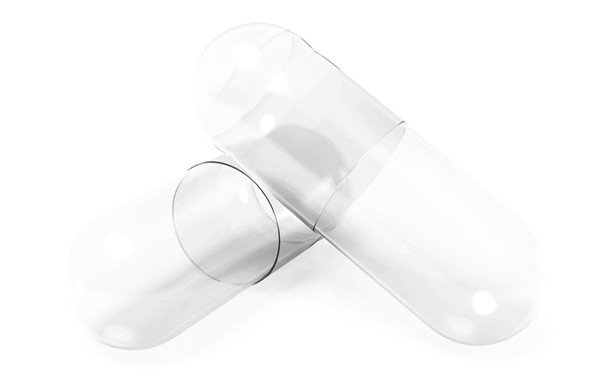
How does omega 3 deficiency manifest itself?
If we’re lacking omega 3 acids in our body, the functioning of many systems gets disrupted. Omega 3 acids prevent inflammations, which means that their deficiency causes frequent inflammations, disturbances to the functioning of the immune system, being prone to infections, developing allergies or autoimmune diseases. But not having enough omega 3 in the diet also leads to developing atherosclerosis, which is based in inflammations around the walls of blood vessels. It’s them – together with accumulated cholesterol in the blood vessel walls – that lead to development of atherosclerotic plaques, and then creation of clots and blockages. And atherosclerosis is only one step away from the coronary heart disease or heart attack.
Not having enough omega 3 supply in the diet has a negative impact on the skin, hair and nails. The skin gets dry and irritated, prone to allergies, atopic skin disease or psoriasis. Hair might fall out in excess, and nails might split. The omega 3 deficiency also means weakened bones, and the impact of lower omega 3 level on the joints is developing degenerative lesions and rheumatoid arthritis. And last but not least – not enough unsaturated fatty acids means higher risk of developing obesity, neurological diseases or cancers.
When to take omega 3 fatty acids?
An adult needs about 2 g of omega 3 a day. In order to get this much of fatty acids, it would be necessary to consume oily saltwater fish, nuts, plant oils, especially rapeseed oil and linseed oil – omega 3 are present in them in the highest amount. But the diet is not always properly balanced; a separate problem is providing too much of omega 6 acids, which makes the requirement for omega 3 acids even bigger. How to make sure that we take enough omega 3? The answer is supplements containing omega 3.
What company’s supplement to choose? The one’s that offers high dose of omega 3 – about 1 g a day. The one’s that uses top-quality fish oil, free from contaminations. The supplement should contain both DHA and EPA acid, and its formula should be free from synthetic additives. Capsules with omega 3 from Cheers make it possible to take a specific dose of omega 3, which lets you know that you’re preventing the omega 3 deficiency and its health consequences.






One Response
Visitor Rating: 5 Stars